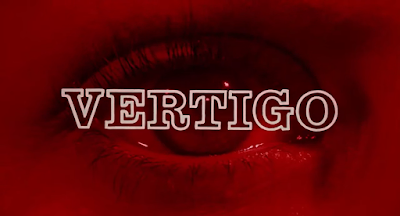One of the most moving of all classic film noir, in terms of the dramatic effect, The Wrong Man is a powerful procedural object lesson in legal terror and powerlessness, framing up the wrong guy as only Hitchcock can, and bringing deep and dangerous emotions to the tableau.
The duet of Henry Fonda and Vera Miles is well cast, and both face their demons. Unlike in many a film noir there is no slippery slope within this classic, in the sense of the wrong side of the tracks and one-false-step style noir that the style favours.
.png)
.png)
.png)
.png)
.png)

